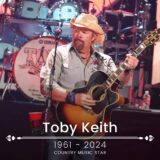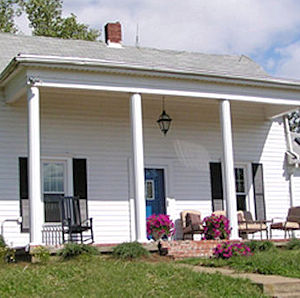CB Lingo 101: How to Speak Like a Pro on the Road, warnings ahead

CB Lingo, also known as Citizens Band Radio Lingo, is a unique language used by truckers and other road users to communicate with each other over CB radios. It consists of a set of terms and phrases that have been developed and used within the CB radio community for decades. CB Lingo plays a crucial role in facilitating effective communication on the road, allowing drivers to convey important information quickly and efficiently.
The importance of CB Lingo in communication on the road cannot be overstated. When driving long distances, truckers and other road users often find themselves in situations where they need to communicate with each other. Whether it’s to warn about traffic congestion, report a breakdown, or simply engage in friendly banter, CB Lingo provides a common language that enables drivers to understand each other clearly. Without CB Lingo, communication on the road would be much more challenging and less efficient.
The History of CB Lingo
The origins of CB Lingo can be traced back to the 1940s when the Citizens Band Radio Service was introduced in the United States. Initially used by small businesses and farmers for local communication, CB radios gained popularity among truckers in the 1960s. As the number of CB radio users increased, so did the need for a standardized language that could be easily understood by all.
Over time, CB Lingo evolved and expanded as new terms and phrases were added to the lexicon. Truckers began using CB radios not only for practical communication but also as a way to connect with each other and form a sense of community on the road. As a result, CB Lingo became an integral part of trucking culture and continues to be used today.
Why Learn CB Lingo?
Learning CB Lingo offers numerous benefits for both truckers and other road users. Firstly, it allows for more efficient communication on the road. By using CB Lingo, drivers can convey information quickly and concisely, reducing the chances of misunderstandings or misinterpretations. This is especially important in situations where time is of the essence, such as reporting accidents or hazards.
Secondly, CB Lingo enhances safety on the road. When drivers are familiar with CB Lingo, they can easily understand and respond to emergency calls or warnings from other drivers. This can help prevent accidents and ensure a smoother flow of traffic. Additionally, CB Lingo provides a way for drivers to communicate about potential dangers or obstacles on the road, allowing others to take necessary precautions.
| Term/Phrase | Meaning |
|---|---|
| 10-4 | Message received and understood |
| Breaker | Request to use the channel |
| Copy | Message received |
| Over | End of transmission, waiting for a reply |
| Out | End of conversation, no reply needed |
| Roger | Message received and understood |
| 10-20 | Location |
| 10-33 | Emergency traffic |
| 10-36 | Correct time |
| 10-99 | End of transmission, all units stop transmitting
|
Great, now you understand the basics, let’s move on to advance CB Lingo
– “Alligator” – This term refers to a blown tire on the road. It is called an alligator because the shredded tire resembles the scales of an alligator.
– “Chicken coop” – A chicken coop is a weigh station or a truck inspection area. This term is often used to warn other drivers about upcoming inspections or to inquire about the status of a weigh station.
– “Bear in the air” – This phrase is used to alert other drivers that there is an aircraft monitoring traffic, such as a police helicopter or airplane.
– “Smokey bear” – Similar to “smoky,” this term specifically refers to a state trooper or highway patrol officer.
CB Lingo plays a crucial role in emergency situations on the road. When accidents occur or drivers find themselves in distress, CB radios provide a lifeline for communication and assistance. Here are a few examples of CB Lingo used in emergency situations:
– “Mayday” – This distress call is used when immediate assistance is needed. It indicates that there is an emergency situation and requires other drivers to respond and provide help.
– “Breaker for a 10-33” – A 10-33 is the code for an emergency situation. When a driver uses this phrase, it alerts other drivers that they require immediate assistance.
– “Rolling thunder” – This term is used to indicate that a convoy of emergency vehicles is approaching. It warns other drivers to clear the way and make space for the emergency responders.
By using CB Lingo in emergency situations, drivers can quickly communicate their needs and receive the help they require, potentially saving lives and preventing further accidents.
Lets all do our part by having the CB on to avoid potential dangers that may lie around the bend
As National Truckers, Freedom of speech is a human right to freely express their thoughts. Nowadays includes freedom of expression, both orally and in writing (freedom of the press and the media)
George Washington once said “If the freedom of speech is taken away then dumb and silent we may be led, like sheep to the slaughter.”
This applies to all truckers far and wide, never give up for what you love to do, believe in yourself and don’t let trucking companies run all over you!
Author: truckersword.com








